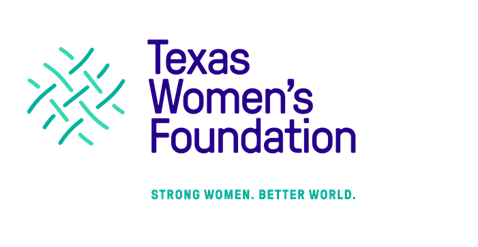Via: Forbes
By: Miki Woodard
For centuries, women have struggled to break free of oppression and second-class citizenship. While charitable giving to address this problem is on the rise, philanthropic support for women’s and girls’ organizations is still less than 2% of overall charitable giving, according to a report released by the Women’s Philanthropy Institute last year.
So why has the concept of targeting philanthropy to elevate women been so slow to catch on?
This is a complicated question with too many factors to cover in the space of one short article, so for now I’ll focus on a single key contributor: lack of critical data—or in some cases, the failure to make use of critical data—that makes the strongest possible case for support.
A few months ago, a friend was considering radiation treatment for a gynecological cancer. She told me that her physician, an impressively credentialed woman, was unable to provide her with full-picture statistics about post-treatment side effects for the type of therapy being offered to my friend because that data was not available. Yet when my friend did a bit of her own research, it only took seconds for her to find analogous, credible data for men who received similar radiation treatment for prostate cancer.
Her story made me think further about something that’s been on my mind since I took the helm at Texas Women’s Foundation, especially since we recently released our updated research report on economic conditions for women and girls in our state: What can be done to improve data collection that sheds stronger light on the global condition of women and girls, and how can we make better use of the data that does exist? Again, these are complicated questions, but nonetheless, I can think of a few action items we can implement immediately:
Use specific data to tell better stories about women and girls.
In Made to Stick: Why Some Ideas Survive and Others Die, authors Chip Heath and Dan Heath discuss the elements of “sticky” (memorable) ideas, two of which are surprise (capturing your audience’s attention by telling them something they don’t know) and credibility (offering credentials or compelling, quickly digestible evidence that conveys your point).
In the world of fundraising, emotional appeals are expected and frequently successful. But for best effect, they should be bolstered with actionable data. Consider the following scenarios: In scenario A, I meet with a policy maker or prospective funder and say, “Texas women are failing to thrive in critical areas; please help us make things better.” In scenario B, I walk into the same meeting and say: “Do you know that our research shows that one in five Texas women are essential workers, yet one in five Texas working-age women don’t have health insurance? Do you know that most front-line workers in Texas are women and people of color? Are you aware that 2 million Texas women and girls experienced poverty in 2019, yet 1.5 times as many women as men were completing public college in 2021? Here’s what our organization is doing to address these issues—how do you see yourself helping?” I think we can all agree that Scenario B is the one where I’m far more likely to walk away with a pledge of support.
Think globally, act locally.
How can you use the power of constituency with your elected representatives to demand gender research parity in your own backyard in the areas of health care, economic stability, crime and safety, and other key areas related to your organization’s work? Also, remember that “research” can take many forms. If you run an organization, do you know very much about the women who work for you? Do you know how—or if—your organizational culture and policies are elevating women? Do you know how women feel about working for, volunteering for or doing business with your organization? Are there women leading your organization on every level, all the way up to your board of directors?
Diversify your philanthropy to support gender-lens research.
We’re becoming more innovative about the way we think about philanthropy, but I think we still need to move the needle further when it comes to funding “nuts and bolts” nonprofit work. In other words, we need to fund research for soup kitchens with the same enthusiasm with which we fund the soup kitchens themselves—otherwise how will we know where to locate them for best effect, how they should be run and whether or not they’re effective?
This same concept applies to initiatives that improve equity for women—and by the way, supporting gender-lens research benefits funders as well as their community partners, not just in the form of prestigious sponsor credentials, but also with data that can be employed by a number of end users. My organization’s research, for example, is cited widely in regional news media, and it’s also used by a number of businesses, non-profit organizations and policy makers across our state.
You’re probably familiar with the expression “numbers don’t lie.” Like many old sayings, it became an old saying in the first place because it represents a fundamental truth. Time and again, the numbers point to continuing inequities for women and girls. But because we don’t always have enough numbers, or because the numbers are underused, they don’t paint a complete picture. We’re living in an age of information—I think it’s time to make it an age of better information that helps us create an equitable world for women and girls.

